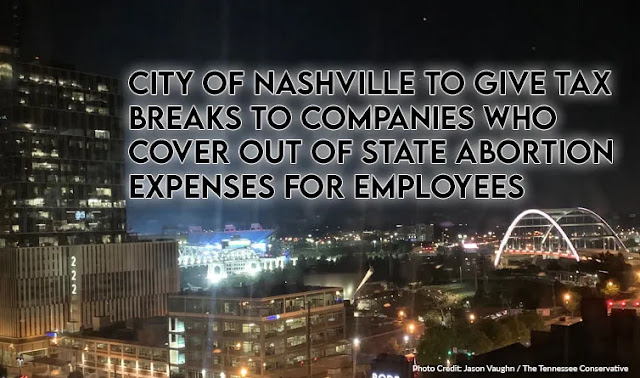by Rod Williams, August 25, 2022- It is immoral to tax poor people who never went to college to pay the debt of wealthier people who borrowed money to go to college and that is what student loan forgiveness does. The research has been done and that is a fact. Student loan forgiveness is unfair to the parent who sacrificed to send their child to college. It is unfair to the students who worked their way through college, or the students who borrowed but repaid their student loans.
Forgiving the debt of students who went to college for four or more years and partied and made unwise decisions about what to study is a moral hazard. A "moral hazard' exists when an incentive increases one's exposure to risk because one does not bear the full costs of that risk. If someone chooses to take on massive amounts of debt to get a worthless or nearly worthless degree, they should pay the consequences of that decision. If not, then there is no incentive to make wiser decisions.
In my view, there needs to be massive reform of higher education. While the student experience is a fun and enriching experience, it is not necessary to attend college on campus in a traditional setting to master the course material. Higher education, in my view, should take advantage of technology and encourage more online learning and testing at testing sites. I am a lifelong learner and have taken many of the classes offered by Great Courses. The world's best teachers teach many of these courses. By taking online courses such as those offered by Great Courses, along with supplemental reading, online or phone consultation, and testing one could become every bit as educated as the student who sits in a classroom. One does not have to be in a classroom to learn. A campus experience is still desirable but should be an option instead of mandatory. A combination of online learning and campus learning should evolve as a new norm.
The more student loans the government guarantees, the less incentive educational institutions have to hold the line on cost and the less incentive there is for education reform. Not everyone should qualify for a student loan. The qualifications for a student loan should be risk-based. Student loans should be evaluated for the risk the same way car loans or home loans are evaluated. Also, not everyone should be shamed or persuaded to attend college. Trade schools should be presented as a respectable alternative to traditional college.
In addition to the moral hazard of student loan forgiveness, the incentive it provides for increasing the cost of higher education, and the basic unfairness of it, there are other reasons. Recently, Congress passed a bill called The Inflation Reduction Act, which may or may not reduce inflation but most likely will have minimal impact. If it actually would reduce inflation, as some argue, then student loan forgiveness underminds any inflation reduction in the bill.
Fox Business News reports that Larry Summers warns student loan debt relief could worsen inflation. Larry Summers is a Harvard University professor who served in both the Clinton and Obama administrations Here is an excerpt from that article:
Former Treasury Secretary Larry Summers on Monday warned the Biden administration against "unreasonably generous" student loan relief, arguing that additional spending could exacerbate the ongoing inflation crisis. ...
"I hope the Administration does not contribute to inflation macro economically by offering unreasonably generous student loan relief or micro economically by encouraging college tuition increases," he wrote in a series of tweets.
Writing in Forbes, Zack Friedman gives 5 Reasons Why Student Loan Forgiveness Is A Bad Idea. Zack Friedman is a highly credentialed Wall Street money manager, best-selling author, and the Founder & CEO of Mentor (mentormoney.com), a leading online financial marketplace. In the article, he concurs with and summarizes the analysis of Senator Roy Blunt who gave a speech on the Senate floor opposing President Biden's proposal for student debt forgiveness. I am not going to give the details of each of the five reasons, but am listing them below. For details, follow this link.
1. Student loan forgiveness disproportionately benefits wealthier Americans.
2. Biden doesn’t have the legal authority to cancel student loans
3. Biden has shown no commitment to wide-scale student loan forgiveness
4. Biden should lower inflation rather than cancel student loans, which can increase inflation
5. Student loan forgiveness won’t lower the cost of college
Top Stories
.png)


.jpg)




